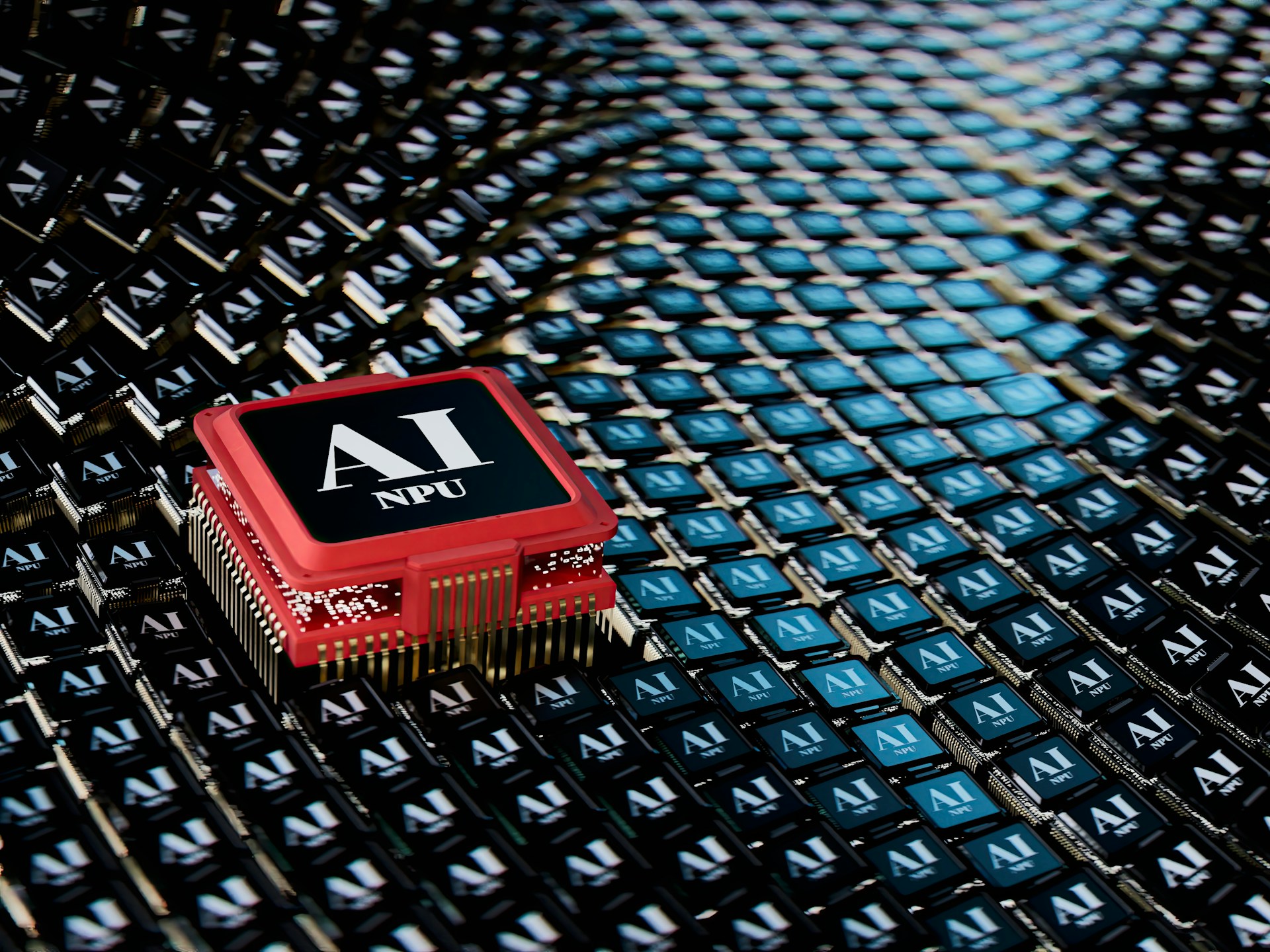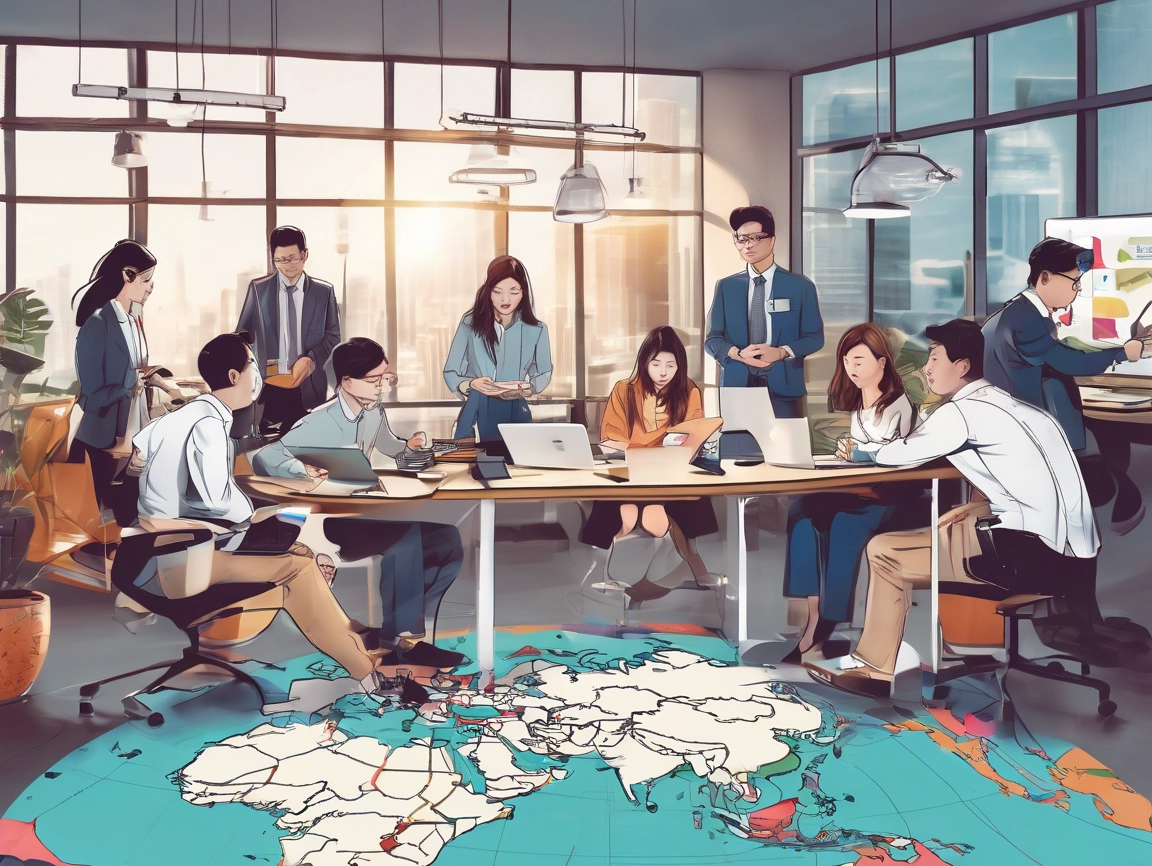
Inside South Korea’s $2 Billion AI Plan: Innovations That Will Transform Everyday Life
As nations across the globe race to dominate artificial intelligence (AI) development, South Korea has set a bold ambition to emerge as a leader in AI technologies by 2030. In an effort to spearhead innovations that will transform everyday life, the South Korean government has pledged an unprecedented $2 billion investment in AI research, infrastructure, and startup ecosystems. This plan not only reflects the country’s technological ambitions but also positions South Korea as a key player in the AI-driven global economy.
South Korea’s AI Revolution: The Vision Behind the $2 Billion Investment
The $2 billion AI initiative is part of South Korea’s broader Digital New Deal, launched in 2020 to modernize the country’s digital infrastructure. With AI positioned as a core pillar, this plan aims to integrate artificial intelligence into industries as diverse as healthcare, education, transportation, and finance.
The goal is clear: make AI a cornerstone of everyday life. South Korea’s government hopes that by 2030, AI will play a pivotal role in enhancing public services, improving quality of life, and fueling economic growth. To this end, the plan focuses on key areas such as AI talent development, industry partnerships, and public-private collaborations.
Healthcare: AI-Powered Diagnostics and Personalized Medicine
One of the most immediate and transformative impacts of South Korea’s AI plan will be in healthcare. Hospitals and medical institutions are already embracing AI tools to streamline diagnostics, predict patient needs, and improve medical outcomes. South Korea’s leading hospitals, such as Seoul National University Hospital and Asan Medical Center, have adopted AI systems for analyzing medical imaging and detecting early signs of diseases like cancer.
According to Dr. Kim Woo-jin, a healthcare AI expert at Seoul National University, “AI is revolutionizing diagnostics by reducing human error and enhancing the speed of decision-making. In South Korea, AI is not only saving lives but also enabling the medical community to offer more personalized treatment plans.”
As the South Korean government continues to invest in healthcare AI, the country is well on its way to becoming a global leader in precision medicine—a model of healthcare that tailors treatment based on an individual’s genetic profile and lifestyle.
AI in Education: Redefining Learning Experiences
In education, AI promises to enhance learning experiences through adaptive learning platforms that can cater to students’ individual needs. South Korea’s government is committed to implementing AI-powered educational tools that help students excel by identifying their strengths and areas for improvement.
South Korean startup Riiid, which develops AI-based learning platforms, has gained global attention for its AI tutoring system, which provides customized learning paths for students based on real-time performance data. “AI can transform education by personalizing lessons for each student, ensuring no one gets left behind,” says Lee Jung-hoon, Riiid’s founder and CEO.
By 2025, the South Korean Ministry of Education plans to implement AI-based teaching aids in public schools, a move that will further democratize access to personalized learning solutions.
Smart Cities and Autonomous Transportation: AI at the Heart of Urban Development
Another area where AI is set to have a profound impact is urban development. South Korea is actively testing AI-driven smart city technologies that aim to improve city management, energy efficiency, and transportation. Cities like Sejongand Busan are leading the charge with AI-powered traffic management systems that reduce congestion and improve air quality.
In the realm of autonomous vehicles, South Korea is also betting big. The country’s AI investment is driving the development of self-driving cars, with the government supporting pilot programs in partnership with tech giants like Hyundai and Samsung Electronics. These companies are developing autonomous driving software and 5G networksthat will enable seamless communication between vehicles and city infrastructure.
“We believe AI will play a crucial role in making cities smarter, greener, and more livable,” said Park Sang-joon, a project manager at South Korea’s Ministry of Science and ICT. “With AI, we can create cities that anticipate and adapt to the needs of their residents in real time.”
AI Startups: Fueling Innovation and Economic Growth
South Korea’s AI strategy goes beyond established industries—it’s also nurturing the growth of AI startups. The government has earmarked a portion of the $2 billion investment for R&D funding and venture capital to foster the growth of emerging AI companies. Through initiatives like AI Startup 100, South Korea is creating a vibrant ecosystem for innovation, offering financial support, mentorship, and global exposure to homegrown startups.
One such example is Vuno, a Seoul-based startup developing AI tools for medical imaging. “Our goal is to create AI-driven solutions that can be deployed not just in Korea, but globally,” says Lee Ye-jun, Vuno’s co-founder.
By supporting startups like Vuno, South Korea is not only positioning itself as a leader in AI development but also as a major player in the international AI market.
Challenges: Ethical Considerations and the Future of Work
While South Korea’s AI ambitions are promising, the rapid adoption of AI brings ethical challenges. Concerns about data privacy and the displacement of jobs in industries such as manufacturing and services are at the forefront of national debates.
To address these issues, South Korea has established an AI Ethics Committee, which aims to ensure the responsible development of AI technologies. The committee focuses on algorithmic transparency, privacy protection, and fairnessto mitigate potential risks.
“AI must be developed in a way that respects privacy and minimizes societal disruptions,” notes Kim Jae-hoon, a leading AI ethicist at the Korea Advanced Institute of Science and Technology (KAIST).
How AI Will Shape Everyday Life in South Korea by 2030
South Korea’s $2 billion AI plan is not merely a technological investment—it’s a vision for the future. By 2030, AI technologies will touch nearly every aspect of daily life, from the way people commute to the way they learn and receive medical care. The nation’s commitment to fostering AI innovation will not only improve living standards but also solidify South Korea’s place on the global tech stage.
However, the successful realization of this vision will depend on how well South Korea manages the ethical and social challenges that arise with AI’s proliferation. As the country continues to push the boundaries of what AI can achieve, it will serve as a key example of how technology can be harnessed for public good while addressing concerns about privacy, job security, and equality.


